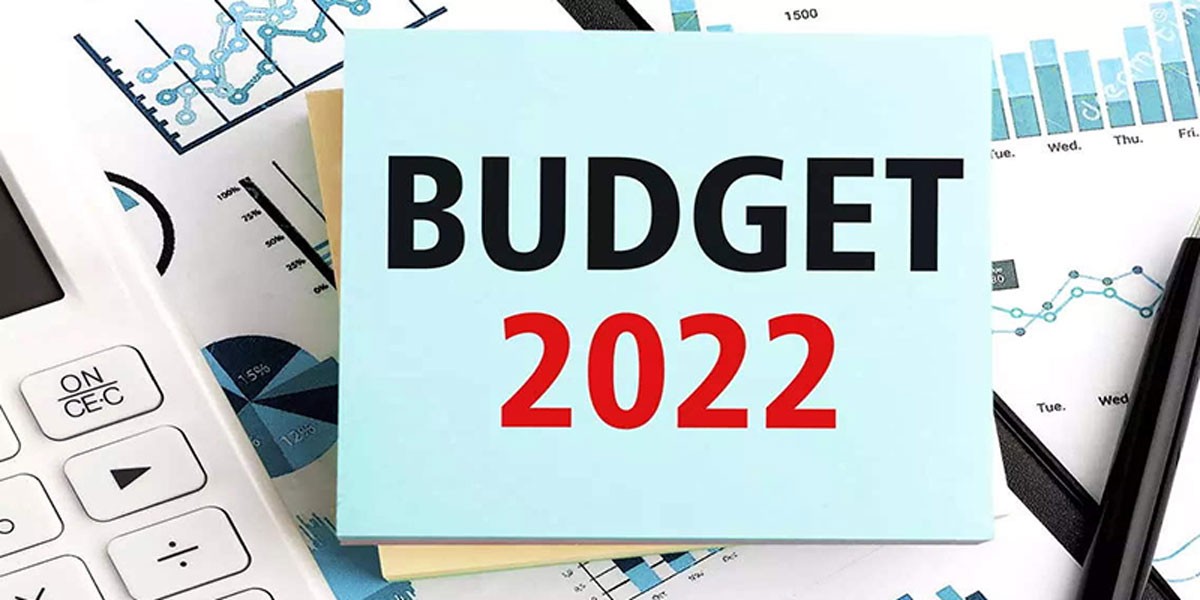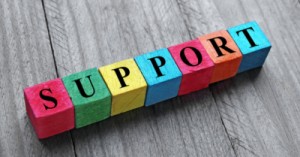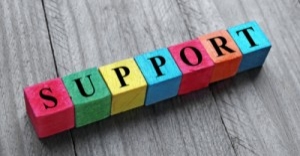The Budget has allocated to the early childhood industry a sizable $15.9 billion, which will be spent over a ten-year period, with initiatives announced in the 2022-23 Budget. This is being divided into two categories: those with a four-year period and those with a ten-year period.
As part of this Budget’s focus on women, the NSW Government has earmarked up to $10.7 billion over 10 years for significant longer-term early childhood education reforms. This includes up to $5.0 billion for the Affordable and Accessible Childcare and Economic Participation Fund and $5.7 billion to introduce a high-quality universal pre-Kindergarten year for all children in New South Wales in the year before school by 2030.
Here is the summary of Budget 2022-23 in the Early Childhood Education and Care Sector:
- NSW Government has decided to increase the fund up to $10.7 billion over 10 years in the early childhood education and care sector for significant longer-term early childhood education reforms.
- Among this $10.7 billion, $5.0 billion will be invested to make childcare affordable, accessible, and economic.
- Rest $5.7 billion will be invested to introduce high-quality pre-kindergarten services for every child in NSW which is supposed to bestow the unstructured early learning before the kinder by 2030
- $97.6 million ($722.7 million in recurrent expenses over four years) will be invested for fee relief of the parents whose children are aged between 3 to 5 years old in community, mobile, and Department of Education preschools.
- $80.3 million ($594.6 million in recurrent expenses over four years) to invest in fee relief which will give relief up to $2,000 per child per year for four to five years old children attending preschool in long day care.
- $53.1 million ($281.6 million in recurrent expenses over four years) to invest in the retention of educators and to increase the quality of services. It will also help to solve the tremendous staff shortage in this sector that has been noticed in the recent time and also to make the arrangement for future demand.
- $40.2 million ($53.4 million in recurrent expenses over four years) for planning, consultation, and implementation of pre-kinder for every child in NSW in the year before school.
- $15.5 million ($64.1 million in recurrent expenses over four years) to trial funding in 2023 and 2024 for three-year-old preschool programs in long daycare.
- $6.6 million ($27.3 million in recurrent expenses over four years) for developmental checks in the service and operation of preschools in both rural and metropolitan areas. This is part of a combined package of $111.2 million over four years jointly delivered by the Department of Education and NSW Health through the Brighter Beginnings initiative
- $5.2 million ($24.7 million in recurrent expenses over four years) to build data capability and to partner more closely with early learning services to deliver these reforms. This will also offer the required support for the services to the service providers who will like to open services in the high demanding areas.
- It has been noticed that the index of children enrolled in an early childhood education program in the year before school for 600 hours, is increasing to 96.1 per cent in 2021. This is the State’s highest ever result against this indicator and it is exceeding the target for 2022.
- This strong performance is supported by the continuation of the Start Strong Program, a needs-based funding investment aimed at making 600 hours of preschool participation more affordable in the year before full-time school. Support is also available for three-year-olds, with a focus on children from Aboriginal and low-income families and children with a disability.
- To support high standards of safety and quality in early childhood settings, the Department is continuing to fund the Quality Support Program delivered by the Australian Children’s Education and Care Quality Authority.
- As of 1 May 2022, 554 early childhood service providers have completed the Quality Support Program and 75 early childhood service providers are participating.
- 73 per cent of participants achieved a rating of meeting NQS.
- From 1 July 2022, the redesigned ‘Quality Support Program – Dual
- Program Pathway’ will offer two different, distinct, and clear pathways to expand access beyond Working Towards NQS services.
- The self-assessment process for NQS service providers has been introduced into the assessment and rating process on national quality standards for early childhood education services which allows them to access direct support to assist them in undertaking self-assessment from the Department since early 2020. The Department is also working to increase the understanding of the importance of service quality through the Quality Rating Initiative and also helping to understand the “Grow to Learn, Learn to Grow” campaign.
For more detailed information: Budget 2022 - 23 For The Early Childhood Education and Care Sector (Page 27)







 On 10 December 2025, the Fair Work Commission issued a major determination affecting the Children’s Services Award 2010 (MA000120). These changes form part of the
On 10 December 2025, the Fair Work Commission issued a major determination affecting the Children’s Services Award 2010 (MA000120). These changes form part of the Over the next five years, educators across the sector will see steady, structured wage increases designed to lift pay to the new benchmark rates for
Over the next five years, educators across the sector will see steady, structured wage increases designed to lift pay to the new benchmark rates for The Fair Work Commission has introduced important changes to how cooks are classified and paid under the Children’s Services Award 2010. These changes recognise that
The Fair Work Commission has introduced important changes to how cooks are classified and paid under the Children’s Services Award 2010. These changes recognise that At the centre of this case is an incident captured on CCTV at an early learning service in Bathurst, where 18‑year‑old educator Hayley Kelleher grabbed
At the centre of this case is an incident captured on CCTV at an early learning service in Bathurst, where 18‑year‑old educator Hayley Kelleher grabbed